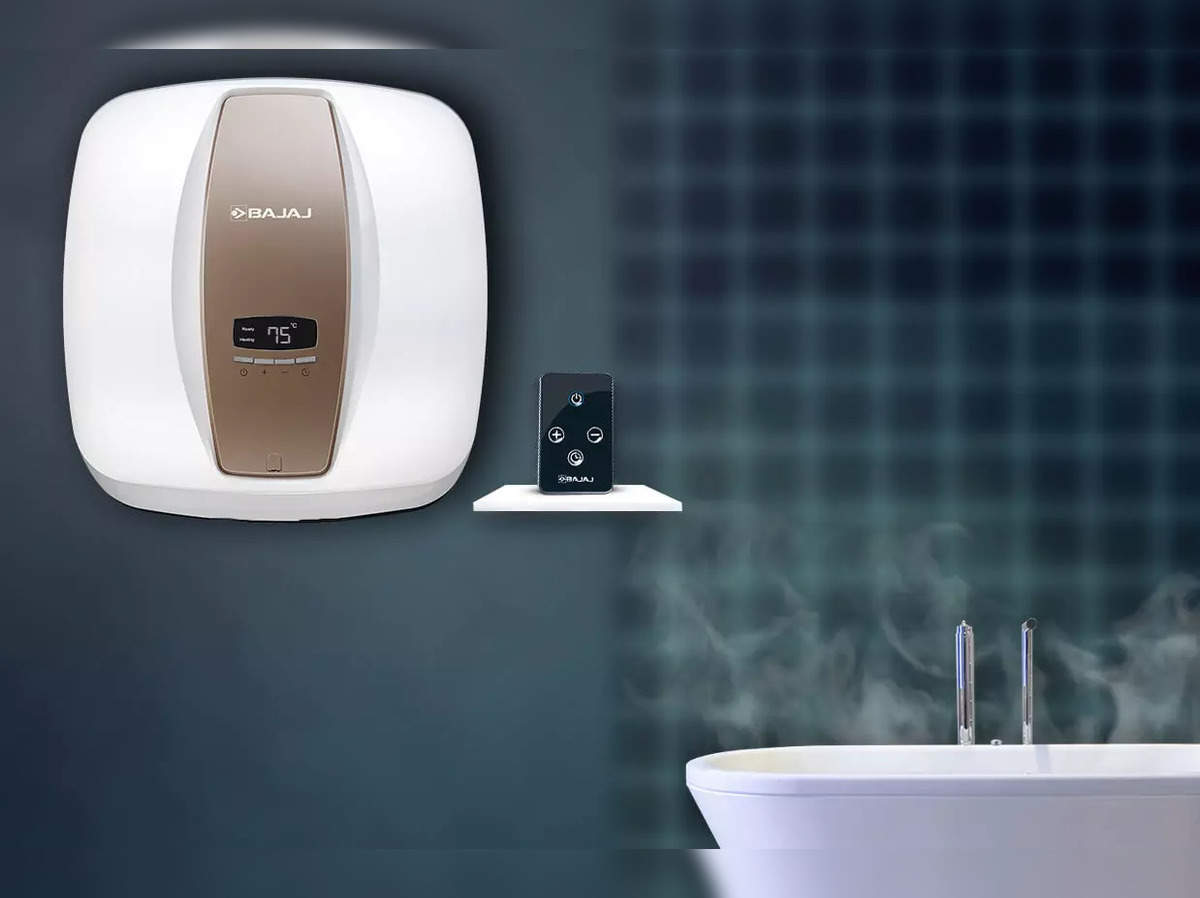
Tankless water heaters have become increasingly popular in households due to their energy efficiency and continuous hot water supply. However, like any other appliance, tankless water heaters require regular maintenance to ensure they function optimally. In this article, we will discuss the importance of staying ahead of the game when it comes to maintaining your tankless water heater.
Benefits of Regular Tankless Water Heater Maintenance
Regular maintenance of your tankless water heater offers several benefits that can help you avoid costly repairs and extend the lifespan of your unit. Here are some key advantages of staying on top of your tankless water heater maintenance:
1. Improved Efficiency
- Regular maintenance helps keep your tankless water heater running efficiently.
- Removing mineral buildup and debris allows the unit to heat water more effectively.
2. Cost Savings
- Preventive maintenance can help identify and address small issues before they escalate into major problems.
- By keeping your tankless water heater in top condition, you can avoid costly repairs or premature replacements.
3. Extended Lifespan
- Proper maintenance can prolong the lifespan of your tankless water heater.
- Regularly cleaning and servicing the unit can prevent wear and tear, ensuring it functions for many years to come.
Key Maintenance Tasks for Tankless Water Heaters
Performing regular maintenance tasks on your tankless water heater is crucial to ensure its optimal performance. Here are some key maintenance tasks that you should incorporate into your routine:
1. Flushing the System
- Flushing the system helps remove mineral buildup and debris that can affect the heater's efficiency.
- Consult your manufacturer's guidelines on how often to flush your tankless water heater.
2. Checking for Leaks
- Regularly inspect your tankless water heater for any leaks or drips.
- Addressing leaks promptly can prevent water damage and more serious issues.
3. Testing Pressure Relief Valve
- Ensure the pressure relief valve on your tankless water heater is functioning correctly.
- Testing the valve periodically can help prevent pressure buildup and potential hazards.
4. Inspecting Venting System
- Check the venting system of your tankless water heater for any blockages or obstructions.
- Proper venting is essential for the safe operation of your unit.
Professional Maintenance vs. DIY
While some maintenance tasks can be performed by homeowners, certain aspects of tankless water heater maintenance are best left to professionals. Here are some considerations when deciding between professional maintenance and DIY:
Professional Maintenance
- Professional technicians have the expertise and tools to perform comprehensive maintenance tasks.
- Scheduling annual professional maintenance can help ensure thorough inspections and servicing of your tankless water heater.
DIY Maintenance
- Simple tasks like checking for leaks or flushing the system can be done by homeowners.
- Regular DIY maintenance can help you stay proactive in caring for your tankless water heater.
Conclusion
Regular maintenance is key to ensuring your tankless water heater operates efficiently and effectively. By staying ahead of the game and incorporating routine maintenance tasks into your schedule, you can prevent costly repairs, improve energy efficiency, and extend the lifespan of your unit. Whether you opt for professional maintenance or choose to do it yourself, prioritizing the upkeep of your tankless water heater will pay off in the long run.
